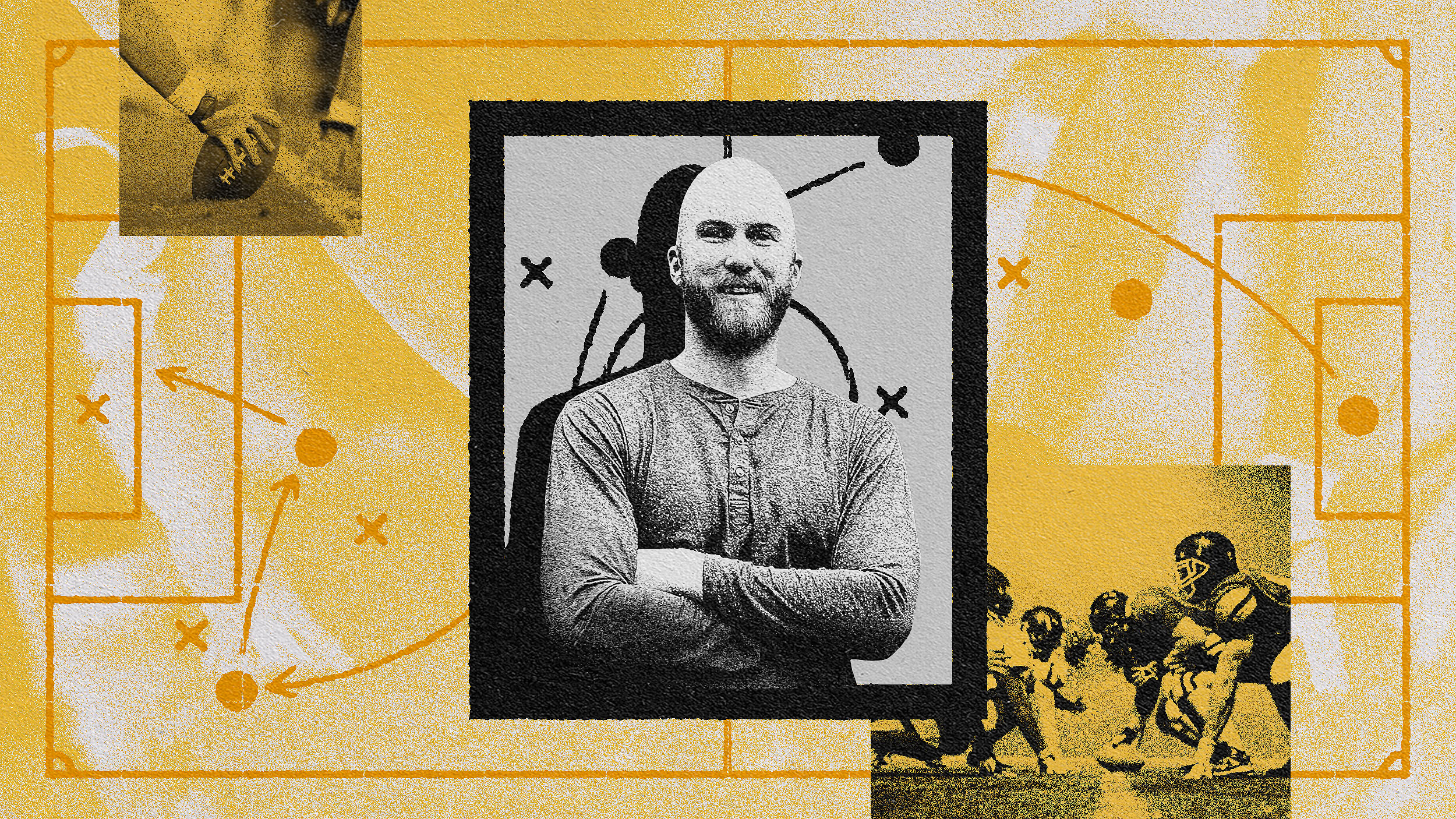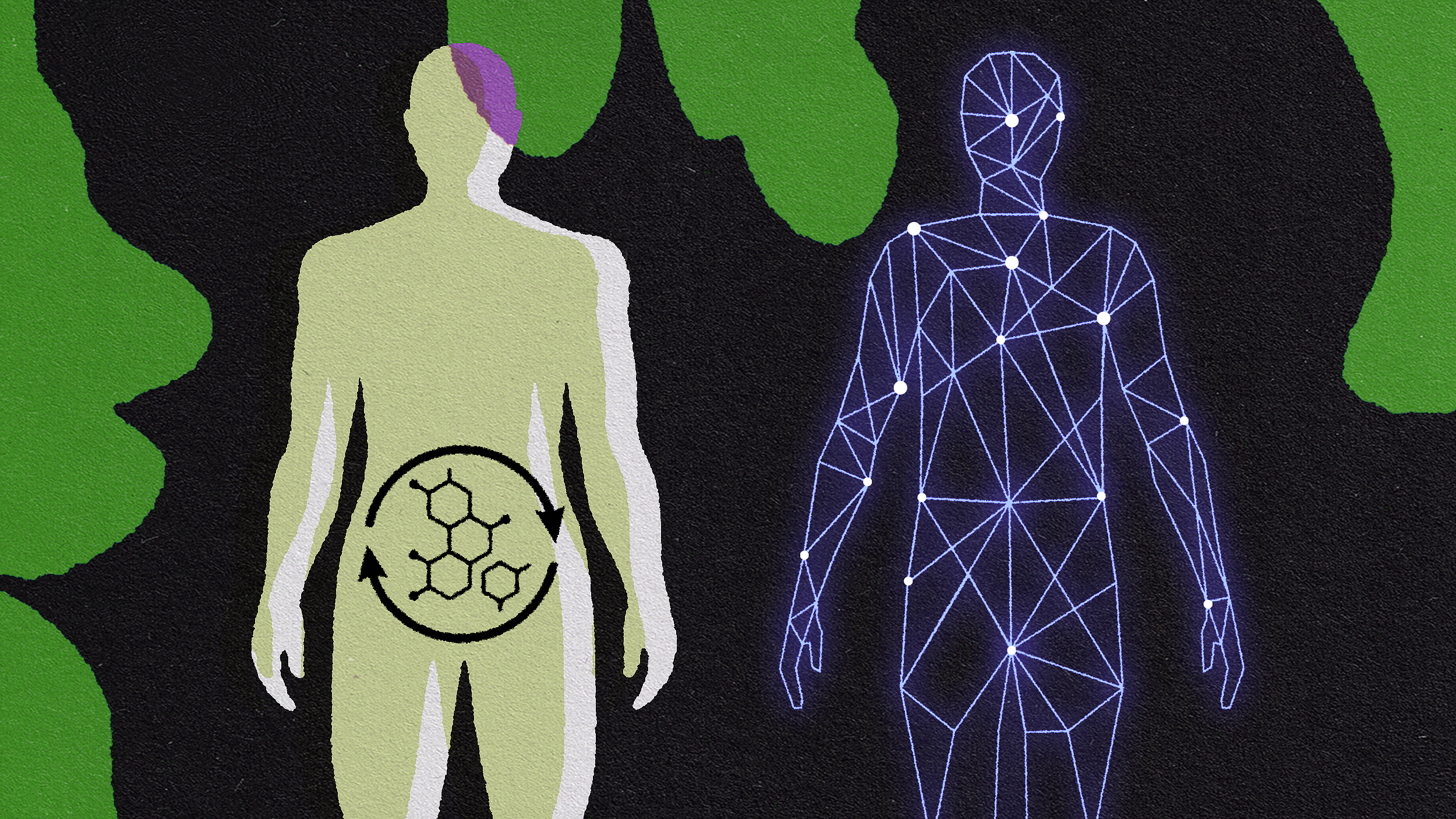MICHAEL DOWLING: When you're in healthcare, you deal with crisis all the time. It's the nature of our business. People come into the emergency department after accidents. People come in with severe heart issues. There is trauma. So, we deal with crises. What we went through, however, during the pandemic was at an extent that we had never, ever seen before. And here at Northwell, the new number now that I got recently is we saw almost 70,000 COVID patients. We saw 22% of all COVID in New York. And you may ask the question, "Why did we work through it?" Because of the way we organized ourselves, because of the staff that we have, and because of the competence and the dedication of those staff. Because of our culture in our organization. Our culture on emergency management.
What does that mean, when you have to deal with an issue like this? One is to have a real focus on how it is you keep all of your staff safe. Because remember, with any major crisis, if you're in the C suite, you are a little bit separate from the action. Where the action occurs is down on the ground, on the front lines, with your front line staff. Now, what do they want to know? What they want to know is a couple of things. One, they want to know if you have the resources to make sure that they're safe. They want to know that you care about them. They want to know that there is a sense of optimism in the organization. That yes, no matter how difficult it is, we can win this. That we are not retreating from this problem. That with us there was no such thing as retreat, there was no such thing as putting up the white flag. That however difficult this was going to be, we were going to win. You have a winning attitude.
You understand reality on the ground. But you know at the end of the day that whatever that enemy is going to throw at you, you're going to win. Staff is looking for that. And they want to see, obviously, the leadership on the front lines. Visibility is important. So this is why I walked the floors on a continuing basis, in many cases against medical advice. As you can probably tell, I'm in the high-risk group. I'm not 20, and I'm not 30. So people said to me, "No, no, you cannot go on the floor. That's too dangerous." My attitude was, well, I expect my teams to be on the floors, on the front lines, therefore I gotta go there. And walking around, talking to them, and understanding what was going through their minds, and making sure their psychological, behavioral, social, and spiritual issues were taken care of, was extremely important.
The other thing about emergency preparedness is the equipment you need to provide the staff. Like, in the case of COVID it was masks, shields, gloves, gowns, etc. The staff needed to know that we had an adequate supply of those. And we had to assure them through constant, constant communication that we had. Now, behind the scenes with this is, we had to have the staff to make sure that we had the inventory of supplies. Give you an example. On masks, the N95 masks, which are the ones that you wear when you're in with patients, we were using more than 10,000 of them a day. So you have to have millions of these masks. And in our case, during COVID, where we got most of these masks initially came from China. So the whole supply chain was broken. So we had to have people in our organization who know how to handle a circumstance like that, which was pretty chaotic for a couple of weeks at the beginning, to figure out where else in the world can you get all of these supplies that you needed for staff.
Communication. You have to communicate continuously during a crisis. You have to communicate externally, because you have the outside media, the public, et cetera, et cetera, that are always all around you when you're going through a situation like this. So you have to be comfortable dealing with the media on the outside, and making sure that your information is correct. That you're transparent. That you're honest. But also that you give a sense of optimism.
But then you have communication inside, among your leadership, communication to your front-line staff. And we did this on an ongoing basis. We had to have a clinical advisory group in place, as part of our overall structure, that on a daily basis was meeting to come up with new clinical protocols to help the staff on the front lines as to how to take care of patients. And we did it by letter, by video, by using our website, and we did it in person. I and many of the leadership were out in person, visibly being seen, and communicating directly.
You also have to learn how to deal with government when you go through something like this. And when I say a government, I mean multiple governments. Federal government issues orders and directives all over the place. You have to make sense of that which doesn't make sense. You have state government. And we were fortunate with the leadership of Governor Cuomo during this. He became the quarterback for New York State, and he constantly communicated on an ongoing basis which is unbelievably important. And then you have local government. You have city government. Many of these governments don't coordinate their activities the way they should. You have to be able to take all of that information that comes in a multitude of ways through a multitude of sources, much of it as I said contradictory, and figure out, "How do we manipulate our way through this?"
It's amazing how innovative you can be in a crisis. We did things in 24 hours during COVID that in the "normal times" it used to take us three months. And one of the things that we have to do going forward is making sure that when all of this is over, that we can innovate as fast then as we did during COVID. We converted hospitals overnight. We built breathing machines into vents. We made swabs, when we ran out of them we made our own. We did extraordinary things. And you wonder, 'Why can't we do it all the time?' And my answer is: Why? Because sometimes we put bureaucracy around it. We put hierarchy around it. We become excessively democratic. We analyze to death. And then sometimes we analyze ourselves out of a great idea. In a crisis, you don't have time to do any of that. You do it and you find out that it works.







